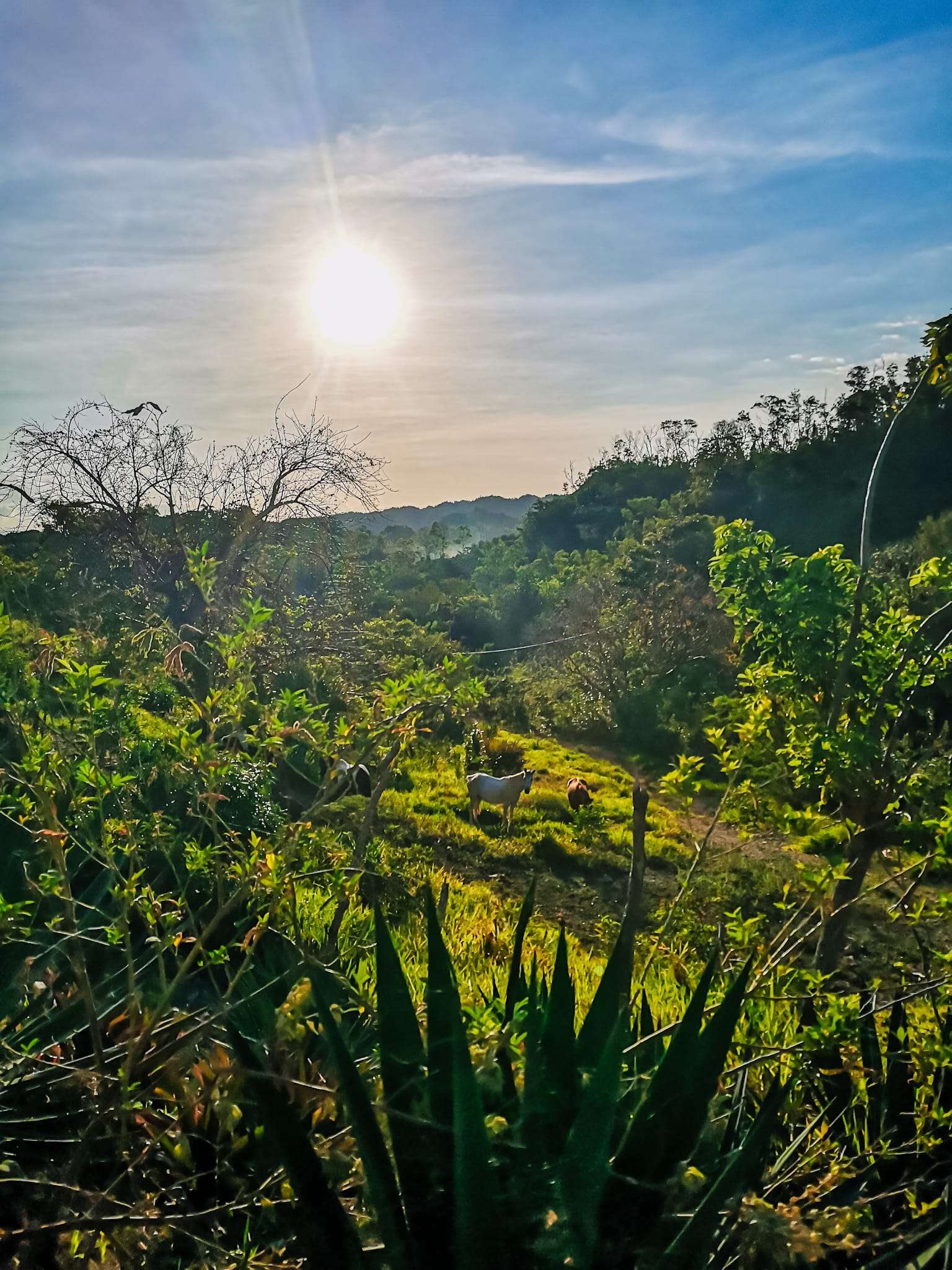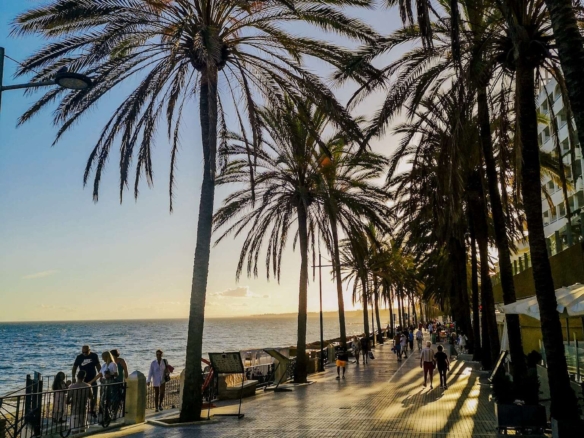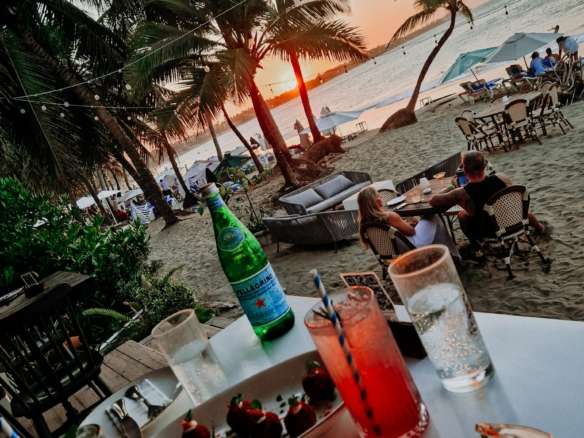For those dreaming of a simpler, self-sufficient lifestyle, the Dominican Republic offers an appealing option. With its tropical climate, fertile land, and growing off-grid infrastructure, many expats and locals alike are exploring the idea of living independently from public utilities.
But how realistic is off-grid living in the DR—and what should you consider before making the move?
Solar Power & Energy Independence
Sunshine is abundant in the DR, making solar energy the go-to solution for off-grid electricity.
- Solar panels and battery systems are widely available
- Ideal for locations where the local grid is unreliable or unavailable
- Initial investment can be offset by long-term energy savings
Tip: Choose high-quality equipment and experienced local installers, especially in rural areas.
Water Collection & Filtration
In off-grid areas, most residents rely on:
- Rainwater harvesting systems
- Underground wells
- Water trucks (for backup supply)
Filtration is essential for drinking water. Affordable filtration systems can ensure clean, safe water for daily use.
Remote Locations & Accessibility
Off-grid living often means settling in more remote areas:
- Jarabacoa and Constanza (mountains)
- Río San Juan or Cabrera (North Coast)
- Some inland or hilltop areas near Cabarete and Sosúa (Jamao al Norte e.g.)
Consider:
- Road access and vehicle requirements
- Distance to medical care, groceries, and emergency services
Language & Local Integration
Living off the grid typically places you outside of expat hubs, which means a working knowledge of Spanish is essential for daily communication, hiring help, or dealing with suppliers and local authorities.
Tip: Even basic conversational Spanish can greatly improve your experience and safety.
Security & Peace of Mind
Most rural areas in the DR are peaceful, but remote living requires additional attention to security:
- Install secure gates and basic alarm systems
- Get to know your neighbors and local community
- Consider living in or near an eco-community with shared security measures
Local familiarity and being integrated in your community also enhance both safety and support.
Sustainability & Eco-Living
Off-grid living aligns well with a sustainable lifestyle. Many off-grid homeowners in the DR:
Grow their own fruits and vegetables
Use composting systems and biodegradable products
Reduce reliance on fossil fuels through solar and natural materials
Sustainability not only supports the environment but can also lower long-term living costs.
Building vs. Buying Off-Grid
You can find:
- Raw land suitable for custom off-grid homes
- Eco-communities already set up with solar, water, and shared infrastructure
Permits and legal land registration are still required, even in remote zones. Work with a local lawyer to ensure compliance.
Internet and Connectivity
Off-grid doesn’t mean offline. Starlink and expanding fiber networks make it possible to have high-speed internet even in rural areas—perfect for digital nomads or remote workers.
Challenges to Be Aware Of
- Upfront costs for infrastructure setup
- Learning curve for system maintenance
- Occasional weather-related disruptions (e.g., hurricanes)
- Need for planning backup power and water sources
- Navigating services in Spanish without urban convenience
Living off the grid in the Dominican Republic is not only possible—it’s increasingly popular. With the right location, resources, language skills, and preparation, you can enjoy a sustainable lifestyle surrounded by nature, freedom, and peace.
Thinking about an off-grid property? Contact us for land listings, expert advice, and eco-living solutions in the DR.




